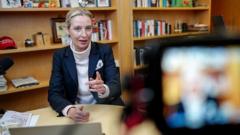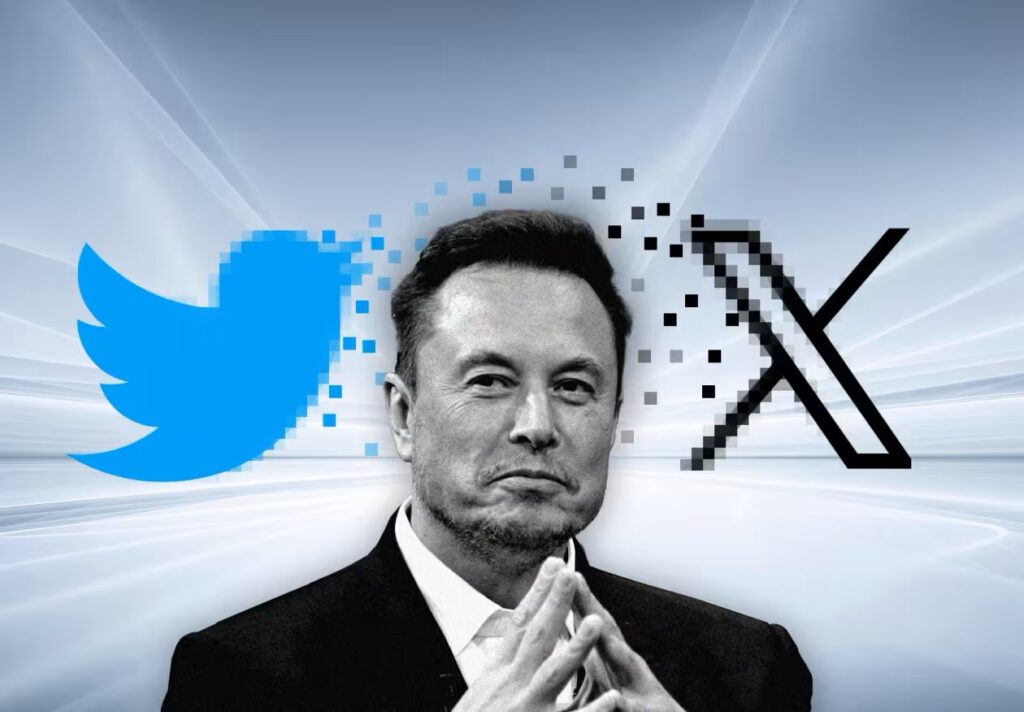Musk's bold foray into European politics continued on Thursday as he hosted a 74-minute live dialogue with Alice Weidel, co-leader of Germany's far-right Alternative für Deutschland (AfD). The interview, which took place virtually with Weidel appearing from her Berlin office, covered an array of contentious issues including energy policy, bureaucracy, and even Adolf Hitler, alongside lighter musings on space and existential questions. With an increasingly global audience on Musk’s X platform, the tech billionaire threw his weight behind the AfD, encouraging German citizens to support the party in the upcoming elections.
The conversation came amid accusations of Musk's meddling in the German electoral landscape, especially given the AfD's controversial status—having segments labeled as extremist by German authorities. Despite this, Weidel vehemently defended her party's image, stating that it is falsely portrayed as extremist while she positioned it as conservative and libertarian. The dialogue also included assertions by Weidel that Hitler had communist leanings, a claim that drew attention to her provocative viewpoints.
Their banter touched on various subjects including Germany's bureaucratic challenges and controversial energy decisions, with both Musk and Weidel identifying tax cuts and free speech as critical issues. A notably quirky moment arose when Weidel inquired about Musk's beliefs in God, to which Musk expressed a curious openness to the idea in his quest to comprehend the universe.
As the AfD gains traction in polls ahead of Germany's snap federal election on February 23, Musk's words have propelled concerns over the spread of misinformation and unwanted influence over German politics. With Musk's substantial investments in Germany, particularly in his new Tesla plant near Berlin, he presents a substantial player in the nation’s political discussions. Nonetheless, his pushing for Weidel's candidacy and critical remarks about Chancellor Olaf Scholz have left some leaders alarmed about the implications of his interventions in their political sphere.
The conversation came amid accusations of Musk's meddling in the German electoral landscape, especially given the AfD's controversial status—having segments labeled as extremist by German authorities. Despite this, Weidel vehemently defended her party's image, stating that it is falsely portrayed as extremist while she positioned it as conservative and libertarian. The dialogue also included assertions by Weidel that Hitler had communist leanings, a claim that drew attention to her provocative viewpoints.
Their banter touched on various subjects including Germany's bureaucratic challenges and controversial energy decisions, with both Musk and Weidel identifying tax cuts and free speech as critical issues. A notably quirky moment arose when Weidel inquired about Musk's beliefs in God, to which Musk expressed a curious openness to the idea in his quest to comprehend the universe.
As the AfD gains traction in polls ahead of Germany's snap federal election on February 23, Musk's words have propelled concerns over the spread of misinformation and unwanted influence over German politics. With Musk's substantial investments in Germany, particularly in his new Tesla plant near Berlin, he presents a substantial player in the nation’s political discussions. Nonetheless, his pushing for Weidel's candidacy and critical remarks about Chancellor Olaf Scholz have left some leaders alarmed about the implications of his interventions in their political sphere.

















